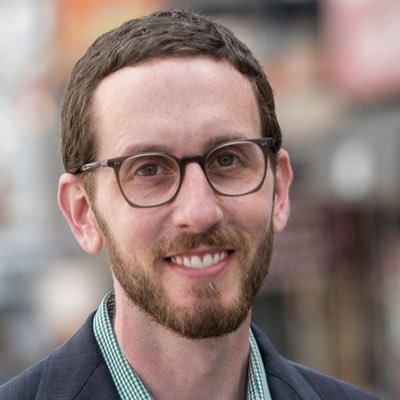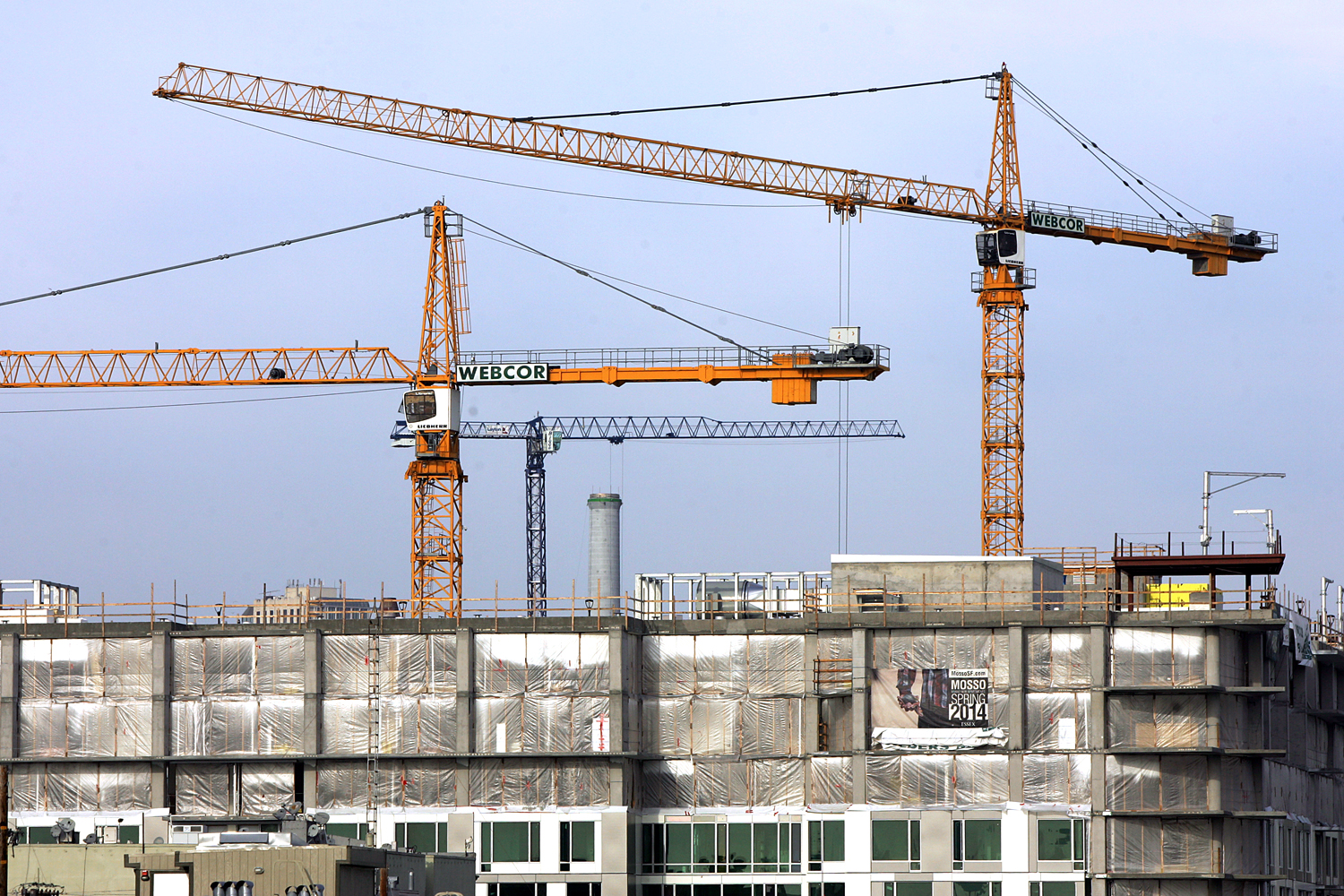SAN FRANCISCO—Newly elected California State Senator, Scott Wiener, introduced a bill that would legally require California cities to build more homes.
The former San Francisco Supervisor proposed Senate Bill 35 in Sacramento hours after being sworn into office on Monday, December 5.
“The housing crisis is not just about it being hard for people today to find housing — that is a huge problem, and the housing crisis fuels evictions, displacement and makes it hard for families to grow,” said Senator Wiener said.

Senator Wiener’s proposal is partly modeled after Governor Jerry Brown’s bill that attempted to override the local governments control with an aggressive housing law earlier this year. That bill was shut down by the senate.
Senator Wiener wants California cities to remain in charge and in the driver seat during the potential housing transformation.
“I didn’t introduce SB 35 in a vacuum. Rather, I put it forward after decades of experience as a community activist and local elected official, during which I observed more and more people struggle with housing,” Senator Wiener said.
All California cities are expected to build new homes to meet the state’s housing goals produced by the Regional Housing Needs Assessment.
RHNA’s objective is to increase California’s housing supply and develop a mixture of housing types from tenure to low-income.
Many cities do not meet their target goals. Former Palo Alto Planning Commissioner Kate Downing said the RHNA lack so much as a built-in slap on the wrist for cities not meeting their housing quota.
The details of Wiener’s proposal is still under development, but the bill has two focal points.
SB 35 would create exemptions for 100 percent of the affordable housing developments around the state from some local development requirements.
Cities that don’t don’t meet their building goals, which are set through the state, would be punished. Wiener said it’s not fair that some communities hold the burden of housing expansion and others refuse affordable or even market rate units.
“Under my legislation, if a community is not on track to meet its RHNA goals, a state-mandated streamlined housing approval process will kick in. Streamlined projects will be required to pay workers prevailing wage,” Senator Wiener stated.
Under current RHNA regulations, San Francisco is expected to build 3,608 new homes a year. As of October 2016, the city had over 11,000 homes expected to be completed by 2020.
Other cities in the Bay Area are expected to build 160,000 homes during the same time period.
“Housing is no longer a city-by-city, siloed issue. It is a statewide need and the state has a role to play,” said Wiener. “We want to maintain local control — communities should have a strong voice in their own future — but there have to be boundaries, and it’s not acceptable for cities or towns to simply opt out of creating housing.”






